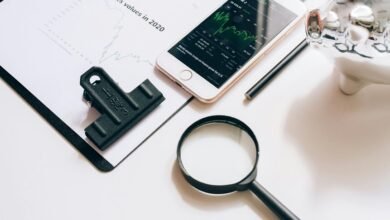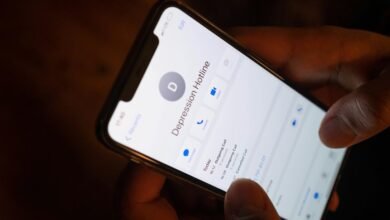Called by Argos or Scam? Verify Now! 5194386705, 5194395368, 5194558080, 5197529205, 5198005162, and 5198049853

Numerous reports have emerged regarding calls from numbers associated with Argos, such as 5194386705 and 5198005162. Many individuals are uncertain whether these communications are legitimate or scams. Understanding the characteristics of authentic Argos calls is crucial for safeguarding personal and financial information. By examining caller authenticity and identifying common red flags, one can navigate this complex landscape. The question remains: how can consumers effectively protect themselves from potential fraud?
Identifying Legitimate Calls From Argos
How can one discern a genuine call from Argos amidst the rising tide of scams? Scrutinizing Argos promotions and verifying caller ID is essential.
Authentic calls often reference ongoing deals or require feedback regarding customer service experiences. Moreover, legitimate representatives will never request sensitive information or payment details.
Thus, vigilance and knowledge empower consumers to distinguish the real from the fraudulent effectively.
Common Scams and How to Spot Them
As consumers navigate the complex landscape of modern communication, they often encounter a variety of scams designed to deceive even the most vigilant.
Common scam signs include unsolicited calls requesting personal information or urgent financial transactions.
Caller tactics often involve creating a sense of fear or urgency, compelling individuals to act quickly without proper verification.
Awareness of these tactics is crucial for safeguarding personal information.
Steps to Verify Caller Authenticity
When faced with an unexpected call, what steps can one take to verify the authenticity of the caller?
First, scrutinize the caller ID for inconsistencies.
Next, utilize verification apps to cross-check the number against known scams.
Additionally, consider contacting the company directly through official channels to confirm legitimacy.
These methods empower individuals to safeguard their freedom and resist potential fraud.
Conclusion
In the intricate web of communication, discerning genuine calls from deceitful whispers is paramount. As shadows of scams loom, vigilance becomes the guiding light for safeguarding personal information. By meticulously verifying caller identities and remaining aware of common red flags, individuals can navigate the treacherous landscape of unsolicited calls. Ultimately, knowledge acts as a sturdy shield, empowering consumers to stand firm against the tide of fraud that seeks to erode their financial security and peace of mind.





